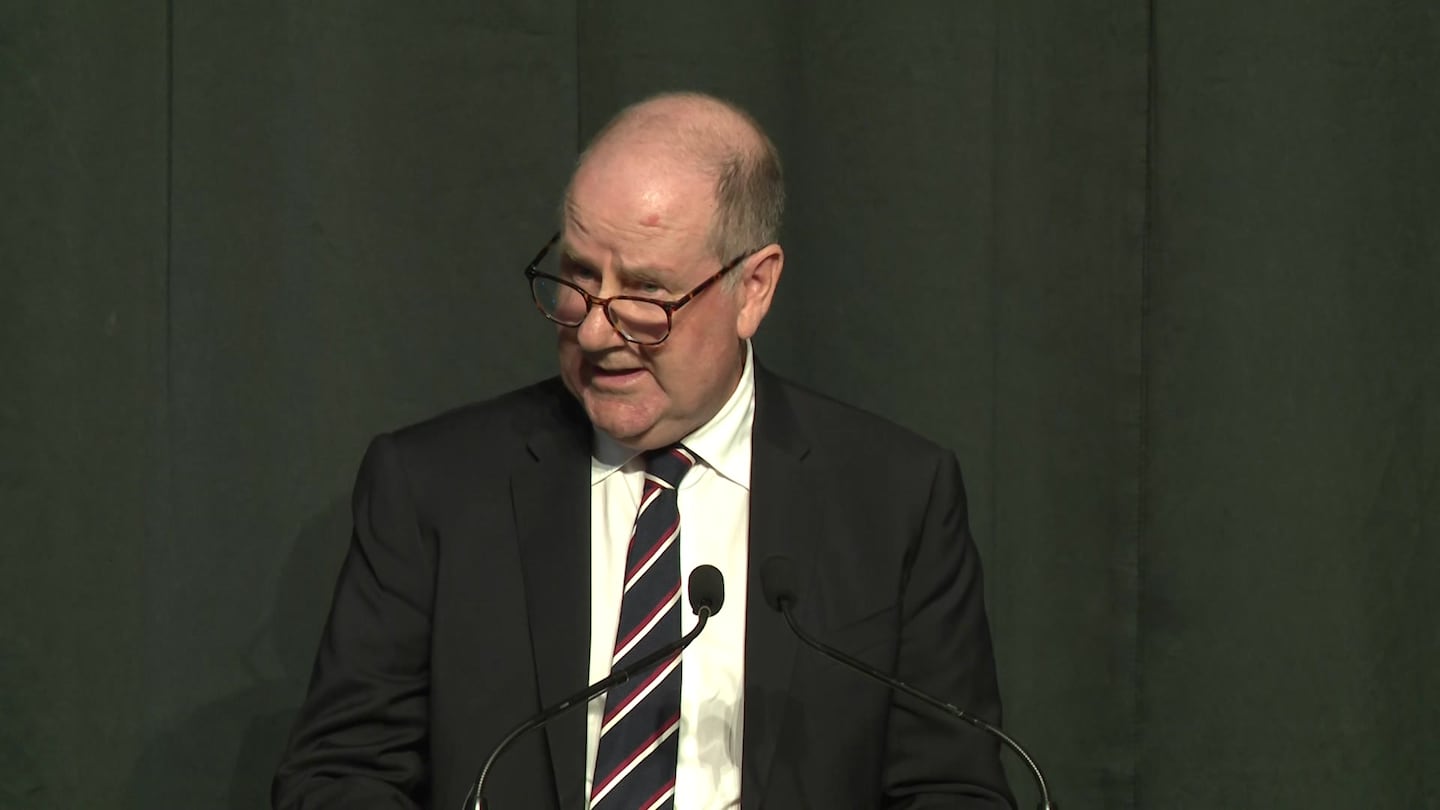Ahead of the national formal apology to the survivors of state and faith-based abuse Oranga Tamariki chief executive Andrew Bridgman made an informal apology.
Although only being in the role for about five months, Bridgman took full responsibility.
“I stand here to take responsibility, to unreservedly apologise to the survivors who were abused in state care.
“You were children who came into our care, we needed to protect you, to look after you. Instead our people and our places harmed you.”
He then went on to speak about some of the acts committed by Oranga Tamariki staff on the children in their care.
“What is worse, we would often turn around and place the blame back on you.
“We are sorry for our failure to do right by you for not protecting you and failing to keep you safe. Nothing that happened to you was your fault; it was ours,” Bridgman said.
The chief executive detailed the many ways Oranga Tamariki had failed them, robbing them of their childhood.
“You were children, just kids. You had a right to a childhood filled with smiles and love, connected to your culture, your marae, a childhood where you would look forward to ice creams in the summer, bike rides around the neighbourhood with your friends, birthdays and Christmases. This is not the childhood we provided you. We took that from you and gave you a childhood full of fear.
“You were frightened and scared, and that was our fault. We are sorry for failing to provide you with the childhood you deserved, which every child in Aotearoa is entitled to.
“We are sorry for failing to give you a safe space to grow up, for not treating you as if you were one of our own kids. We are sorry for not listening, for looking away, for leaving you all alone.”
Many survivors and national networks are making calls for the system to change to be better for the future tamariki placed in care, a sentiment Bridgman agrees with.
“I will not stand here today and be dishonest, by saying harm no longer occurs in our system. We know we have work to do to make sure every child is safe and has the care they deserve but I will stand here and say this, the care system today has changed. Most will argue it has not changed enough, and we agree.”
He spoke about the Royal Commission report, emphasising how the stories and experiences of survivors, whose histories were intertwined with those changes, would help shape a better future for the children.
“It will be your words, that will remind us of the need to demand more, to demand better, and not to settle in a system that silences the voice of children and young people who need us to listen.”



